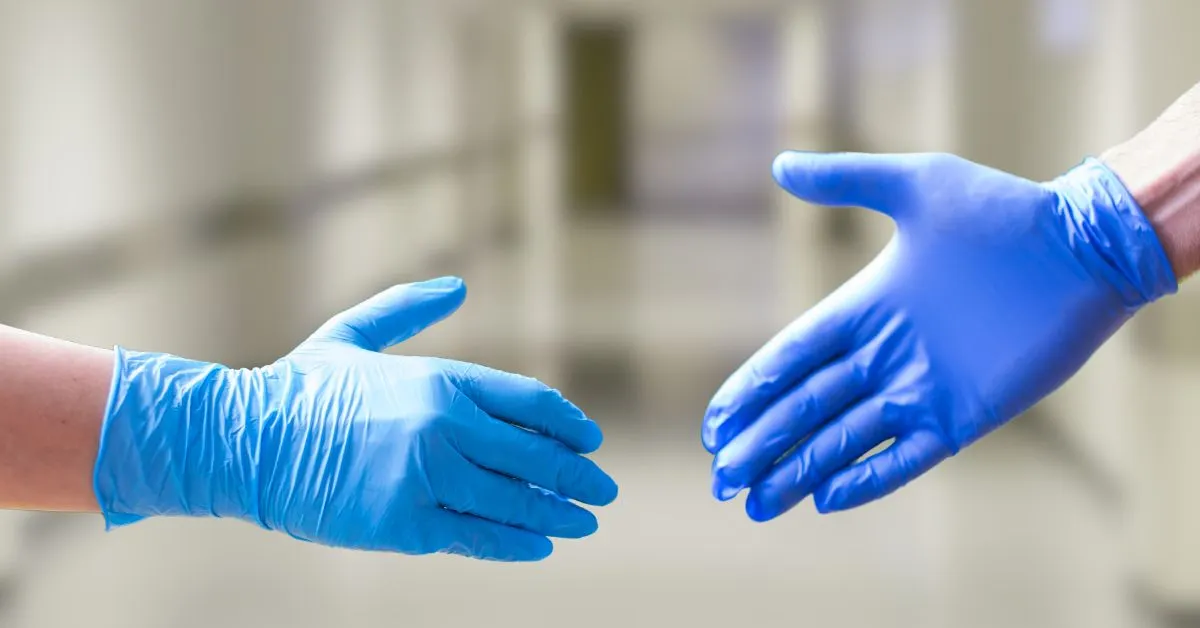
Why Free Latex Gloves Are a Must-Have for Everyday Safety
Free latex gloves are a bit like a handy go-to for keeping everyone safe in all sorts of places. Whether it’s the healthcare spot you’re
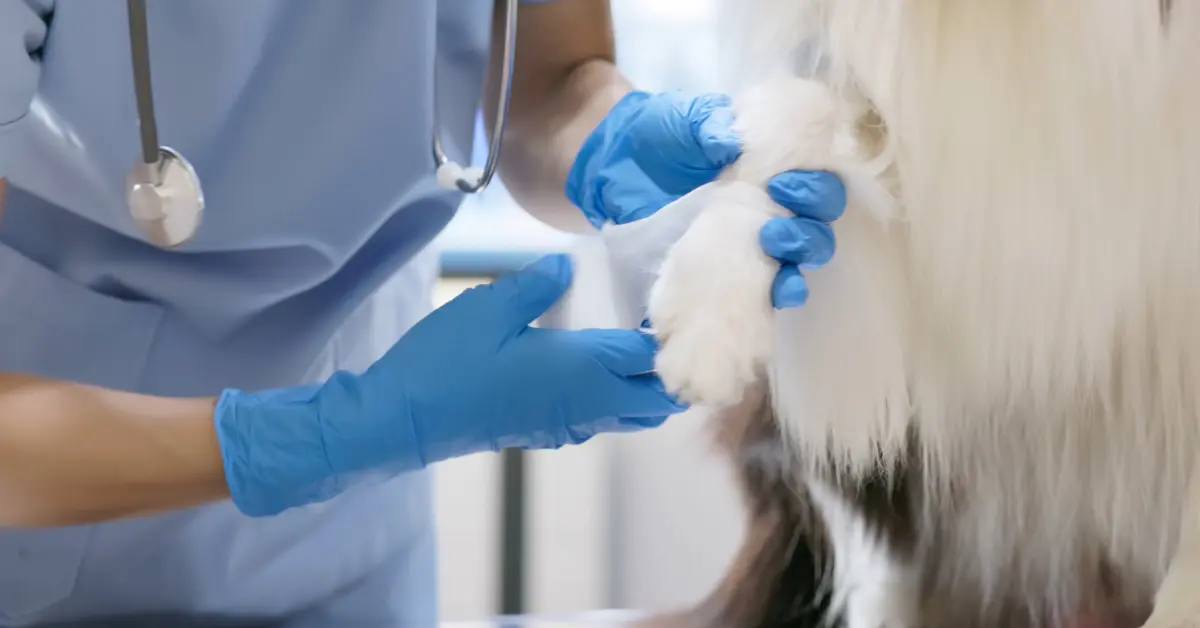
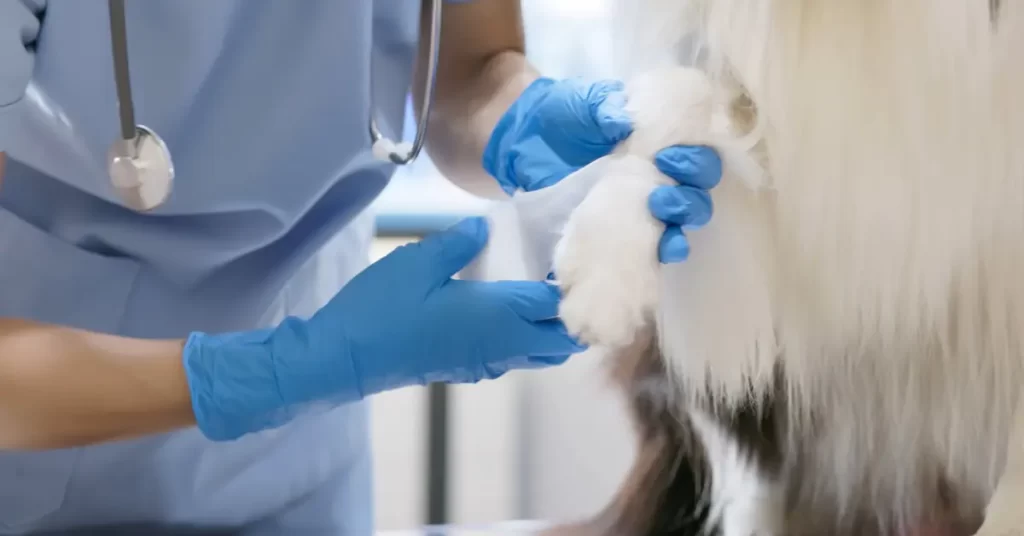
As a veterinarian, you know that your hands are your most valuable tool. Whether performing routine check-ups, administering medication, or conducting surgical procedures, your hands must always be protected. This is why choosing the right type of veterinary exam gloves is crucial for every veterinarian. In this article, we will explore the various types of veterinary gloves, their uses, and how to choose the right ones for different veterinary procedures.
There are three main types of veterinary gloves available on the market: latex, nitrile, and vinyl. Latex gloves are a common option due to their affordability, flexibility, and tactile sensitivity. However, some people may be allergic to latex, making it a less ideal option. On the other hand, nitrile gloves are more puncture and chemical-resistant, making them ideal for medical procedures. They are also suitable for those with latex allergies. Lastly, vinyl gloves are the most economical option but not as durable as latex or nitrile gloves.
When it comes to veterinary procedures, there is no one-size-fits-all approach. Each procedure requires different types of gloves to ensure the safety and health of both the veterinarian and the animal. Latex gloves are usually the go-to choice for routine check-ups due to their tactile sensitivity, which allows for efficient examination and handling of small animals. On the other hand, nitrile gloves are more suitable for procedures that involve handling bodily fluids and chemicals, such as administering medication or conducting surgeries. They provide a higher level of protection against punctures, cuts, and chemicals, making them the preferred choice for these procedures.
Veterinary practices are highly susceptible to the spread of infections, both from animal to animal and from animal to human. This is where the importance of veterinary exam gloves comes into play. It is crucial to use the appropriate gloves for each procedure to prevent the spread of infections and diseases. For example, using nitrile gloves for procedures involving bodily fluids can prevent the transmission of zoonotic diseases from animals to humans. This protects the health of the veterinarian and the animal and prevents the potential spread of diseases to owners and other animals.
Aside from medical procedures, veterinary hand gloves have other valuable purposes. They can be used for grooming, administering topical treatments, and handling medications. This is where vinyl gloves come in handy, as they are typically used for less invasive procedures and are more cost-effective. However, it is essential to remember that nitrile gloves are still the recommended choice for any procedure involving bodily fluids to prevent the spread of infections.
In conclusion, choosing suitable veterinary gloves is crucial for the safety and health of both the veterinarian and the animal. Assessing the procedure type and selecting the appropriate gloves is important. Latex gloves may be suitable for routine check-ups and handling small animals, while nitrile gloves should be used for procedures involving bodily fluids and chemicals. Properly using veterinary hand gloves can significantly reduce the risk of infections, promoting a safe and healthy environment for all. So, always have a stock of high-quality veterinary exam gloves to ensure the best care for your patients.

Free latex gloves are a bit like a handy go-to for keeping everyone safe in all sorts of places. Whether it’s the healthcare spot you’re
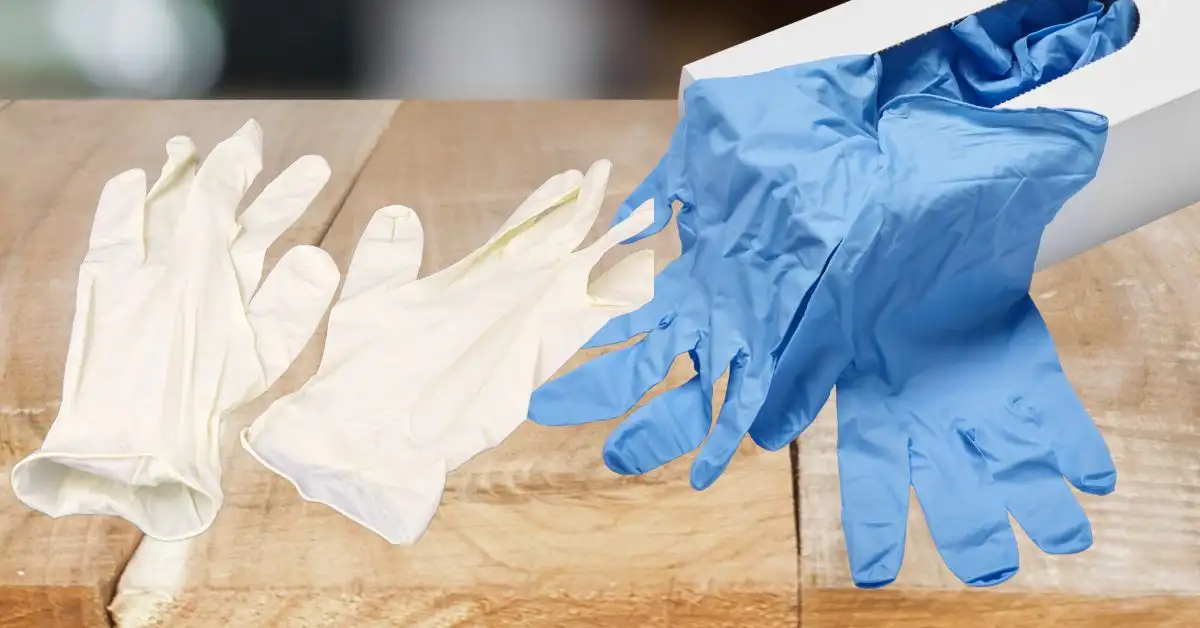
Latex gloves disposable are a staple in numerous industries due to their versatility and effectiveness in providing a protective barrier. Whether you’re a healthcare professional,
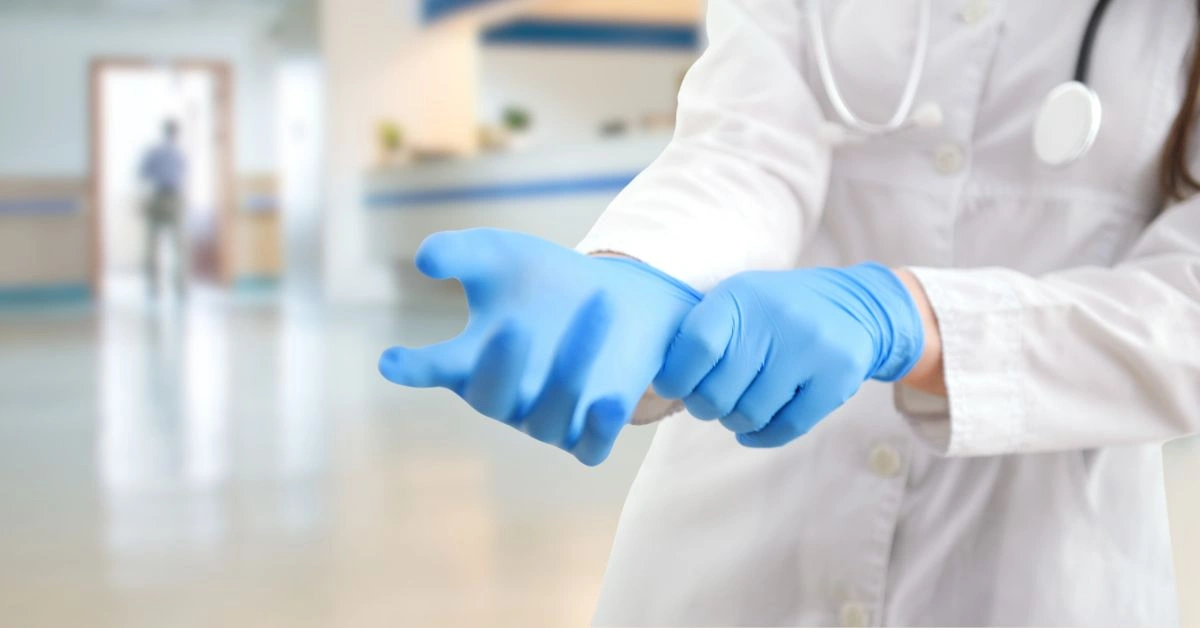
In the healthcare industry, the use of medical gloves non latex has become increasingly popular due to the prevalent allergies associated with traditional latex gloves.
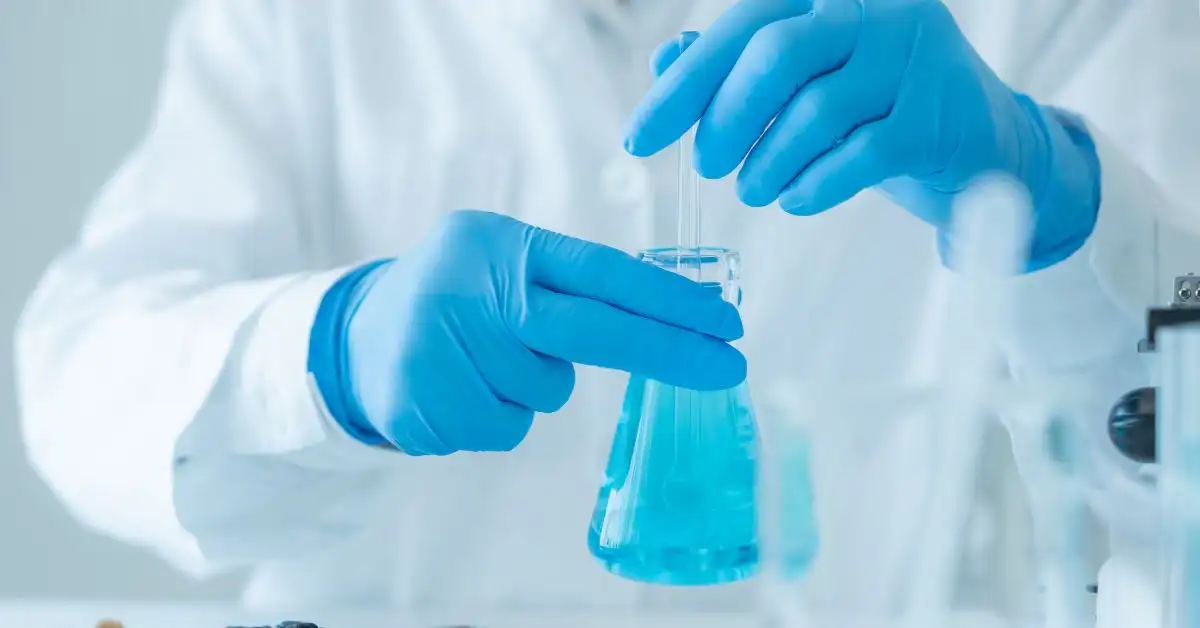
When it comes to personal protective equipment (PPE), understanding glove chemical resistance is crucial. Especially for maintaining safety in environments where exposure to harmful substances
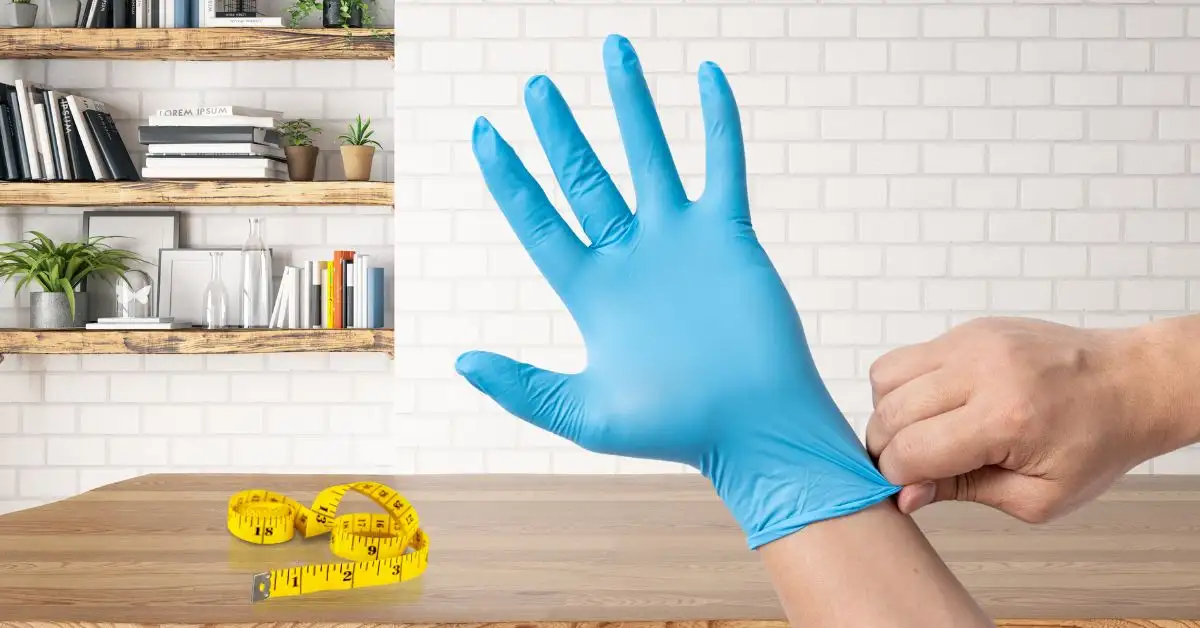
When it comes to choosing the right gloves for any task, knowing the correct size is crucial. If you’re wondering how to know glove size
Driven by a passion for excellence, our mission is to consistently deliver the highest quality products at the most affordable prices. We aim to exceed customer expectations, creating value and trust.
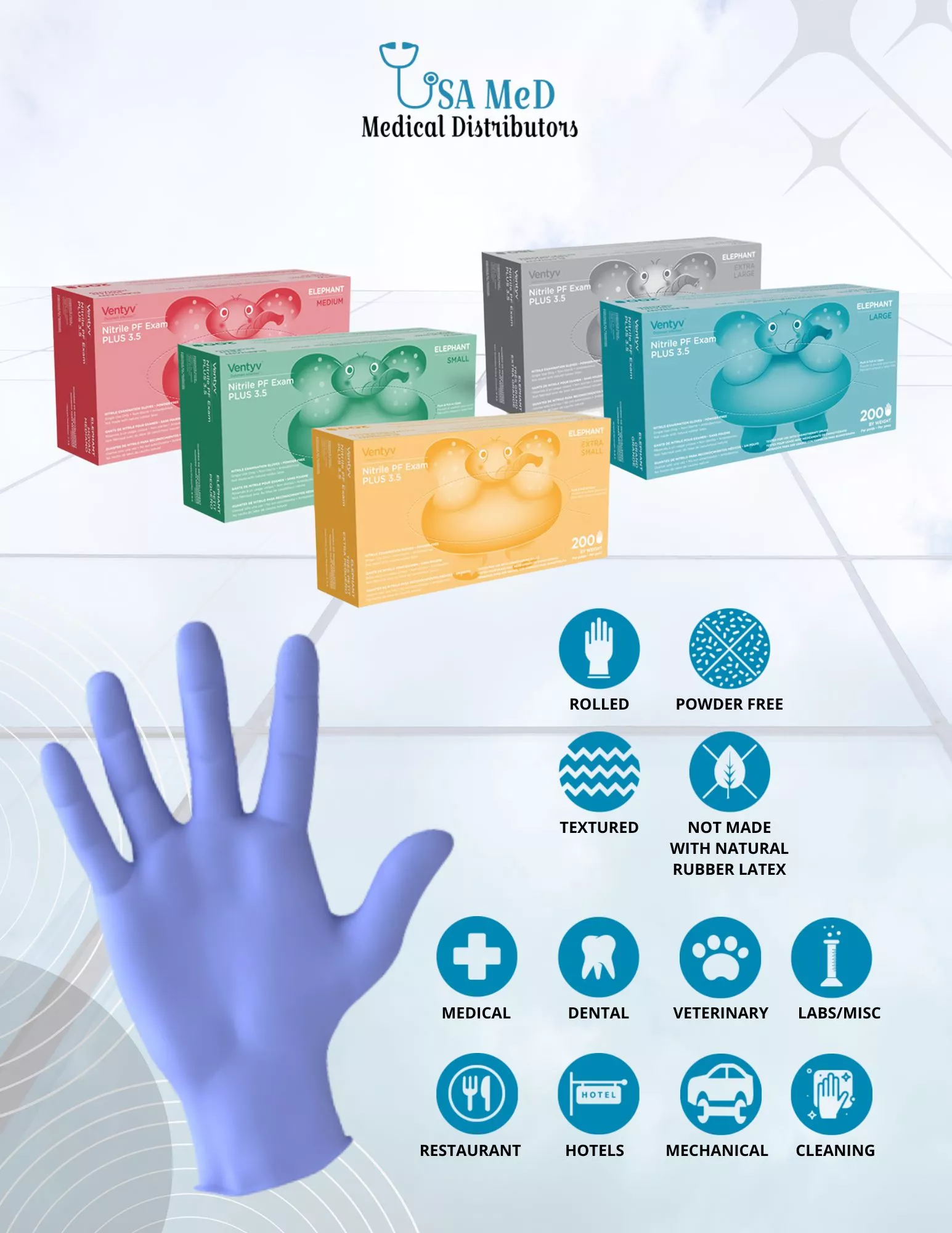
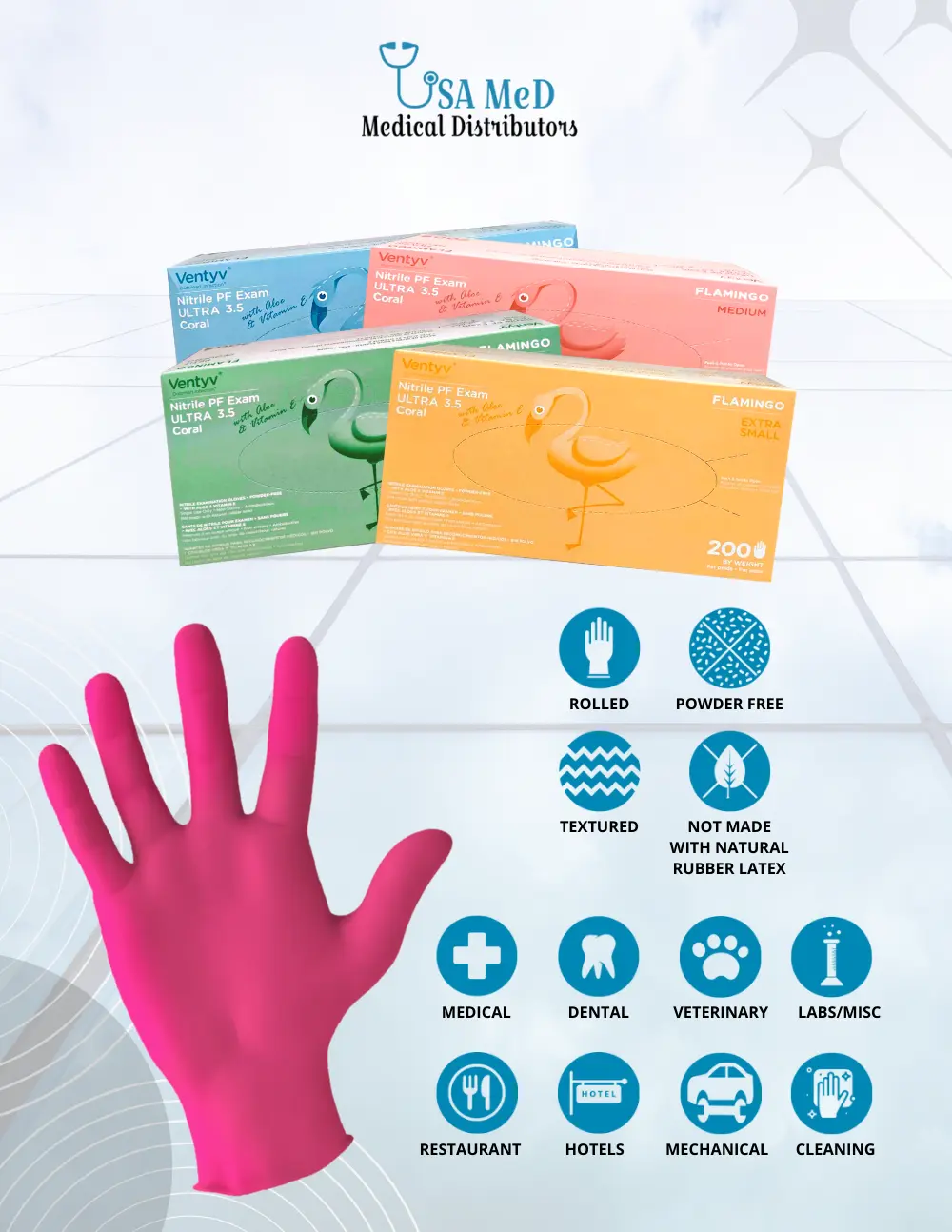
Phone Number: (239) 266 -1290
Email Addresses:
sales@usamedicaldistributors.com
customercare@usamedicaldistributors.com
Mailing Address :
501 Goodlette, Frank Rd N A105, Naples, FL 34102
Copyright 2022 – 2024. USAMED Medical Distributors. All rights reserved.
Privacy Policy | Return and Refund Policy
| Website by M. Escober